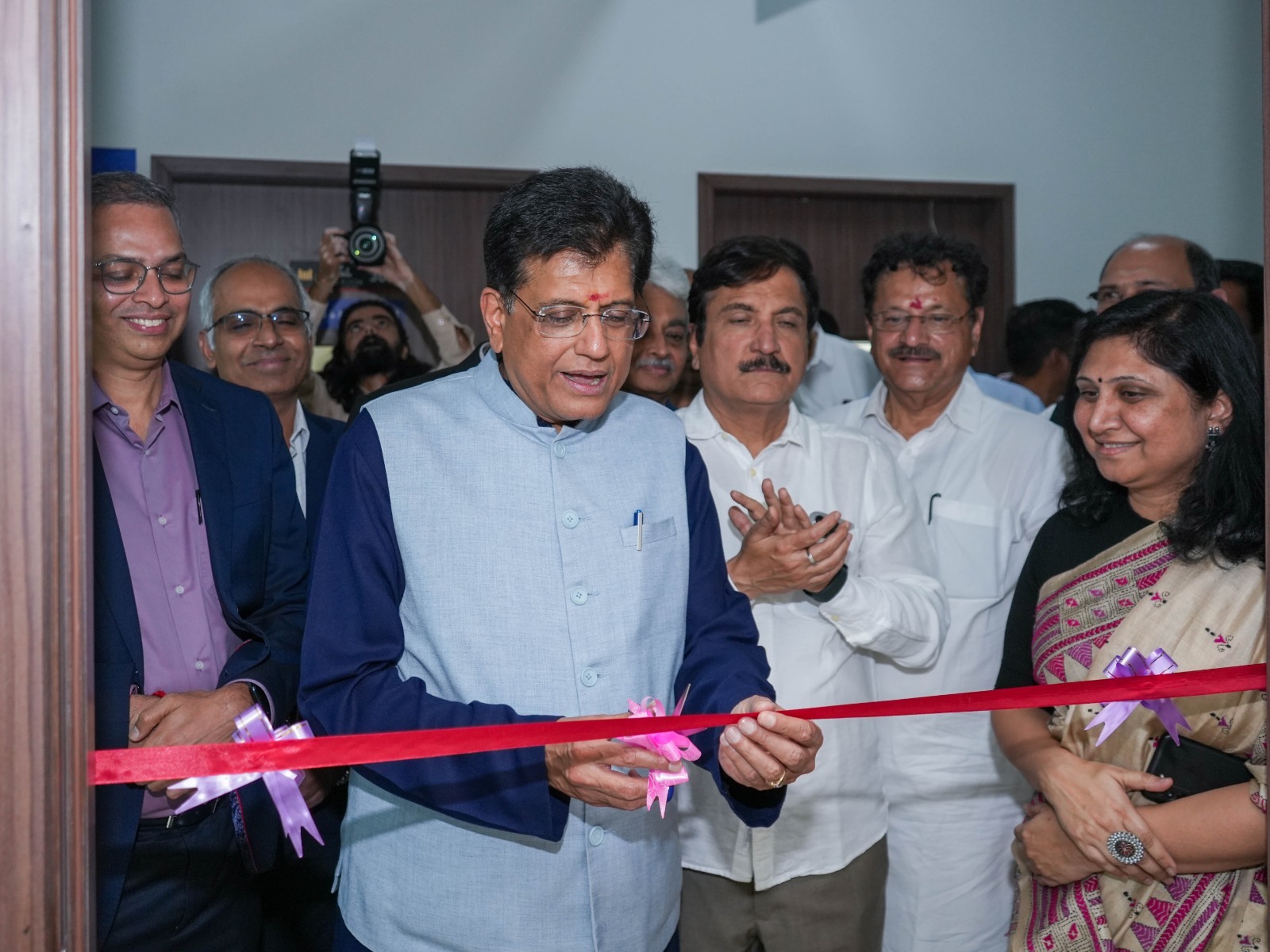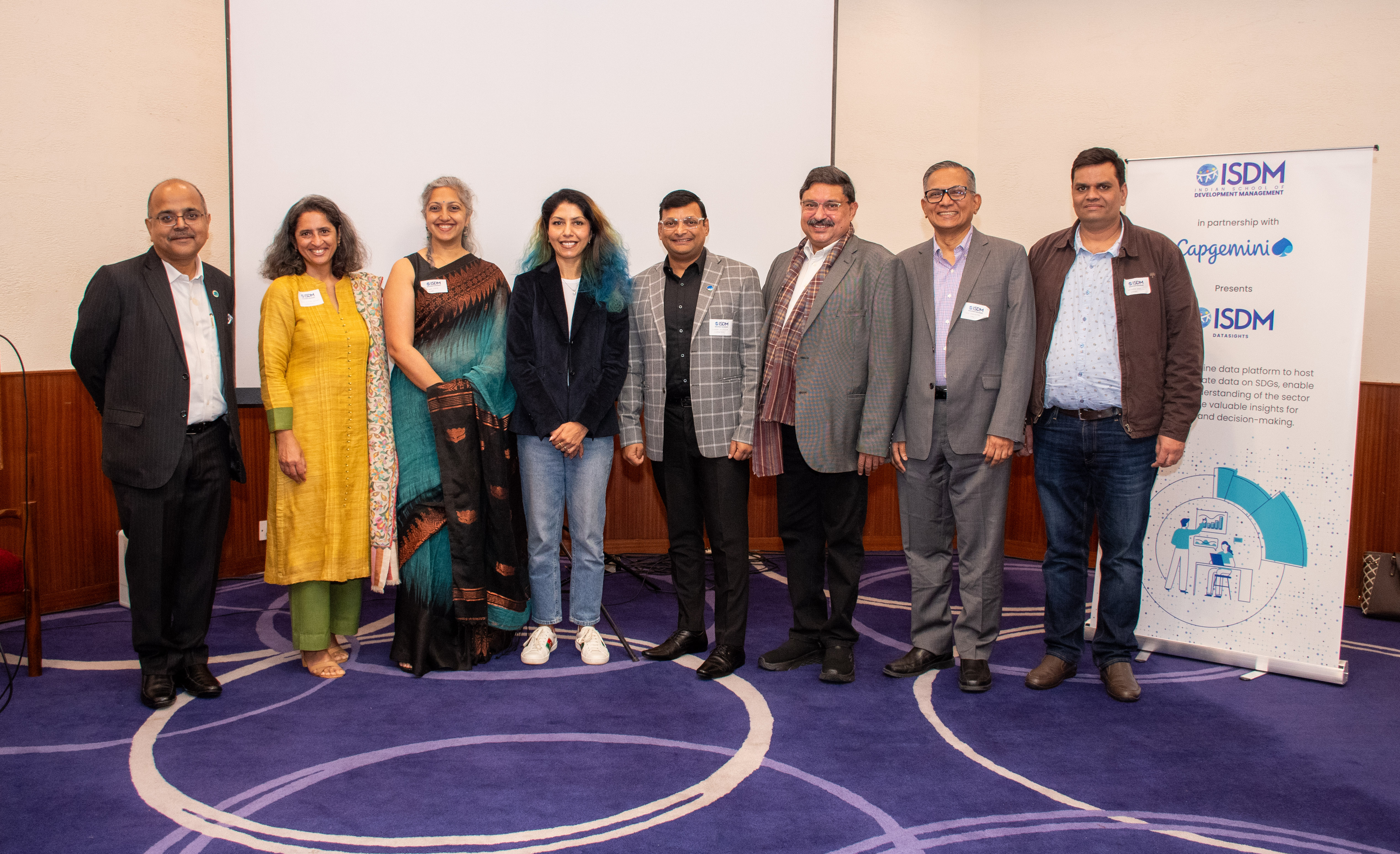Back to the RFP/EOI Listing
Post a RFP/EOI announcement
Advertise with us

Subscribe our Weekly Newsletter
More RFP/EOI
---------------------------------------------
Organization:
Apply By: 01 Jan 1970
Latest Online Store
Latest Grants
Latest News
© Renalysis Consultants Pvt Ltd



.jpg)





















